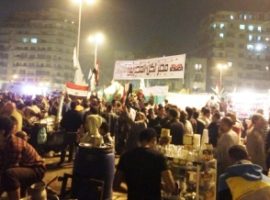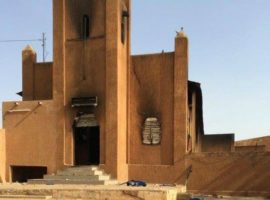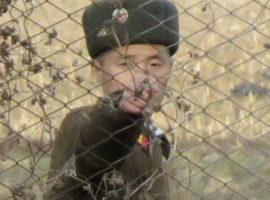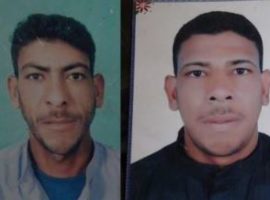6 years on: what has the Arab Spring meant for Christians?
Demonstrators on the streets of Cairo, Egypt in the aftermath of the Arab Spring, November 2012. World Watch Monitor The Arab Spring, which began 17 December, 2010, started with a wave of protests in Tunisia, followed by other Arab countries. It was positively acclaimed as a social movement demanding an . . . Read More




